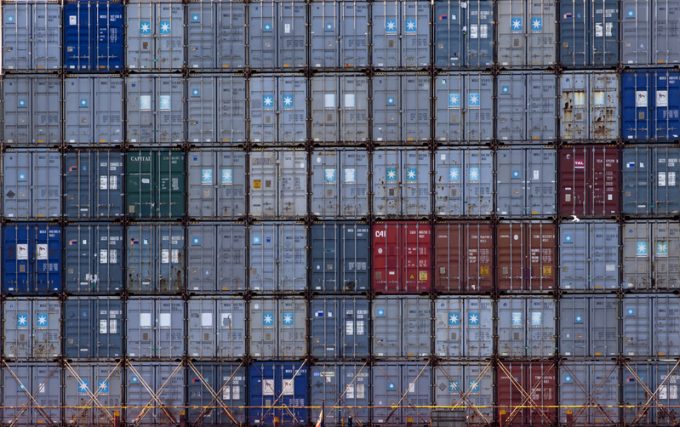Zim ordered to pay Samsung $3.7m for 'wrongful' D&D charges
The Federal Maritime Commission (FMC) has ruled that Israeli carrier Zim violated the US Shipping ...

America’s Federal Maritime Commission (FMC) this week unveiled plans for a major shake-up in the collection and return of containers in a bid to alleviate future bottlenecks.
Following a decade of fact-finding missions, aided by industry groups and the FMC’s supply chain innovations team, commissioner Rebecca ...
CMA CGM South Korean staff strike over bonuses after bumper 2024 profit
'Another painful headache for shippers' as Asia-N Europe rate rally ends
Amazon Air Cargo partners-up for new transpacific route into the US
MSC switches two more Asia-Europe port calls from congested Antwerp
Ports and supply chain operators weigh in on funding for CPB
Nightmare for Bangladeshi exporters as congestion and tariffs bite
Carriers introduce surcharges as congestion builds at African ports
CMA airline returns two freighters, while ANA takeover of NCA looms

Comment on this article